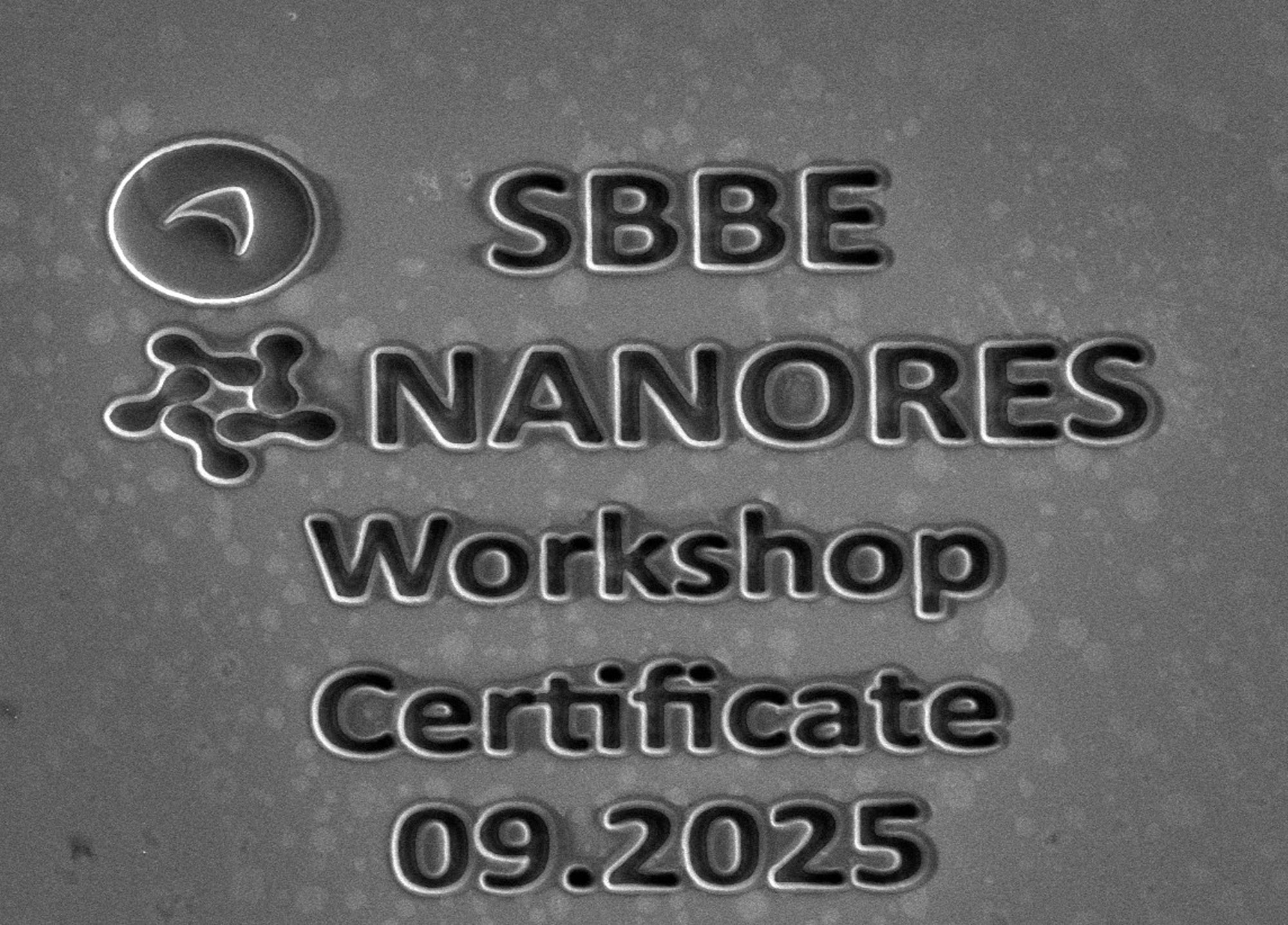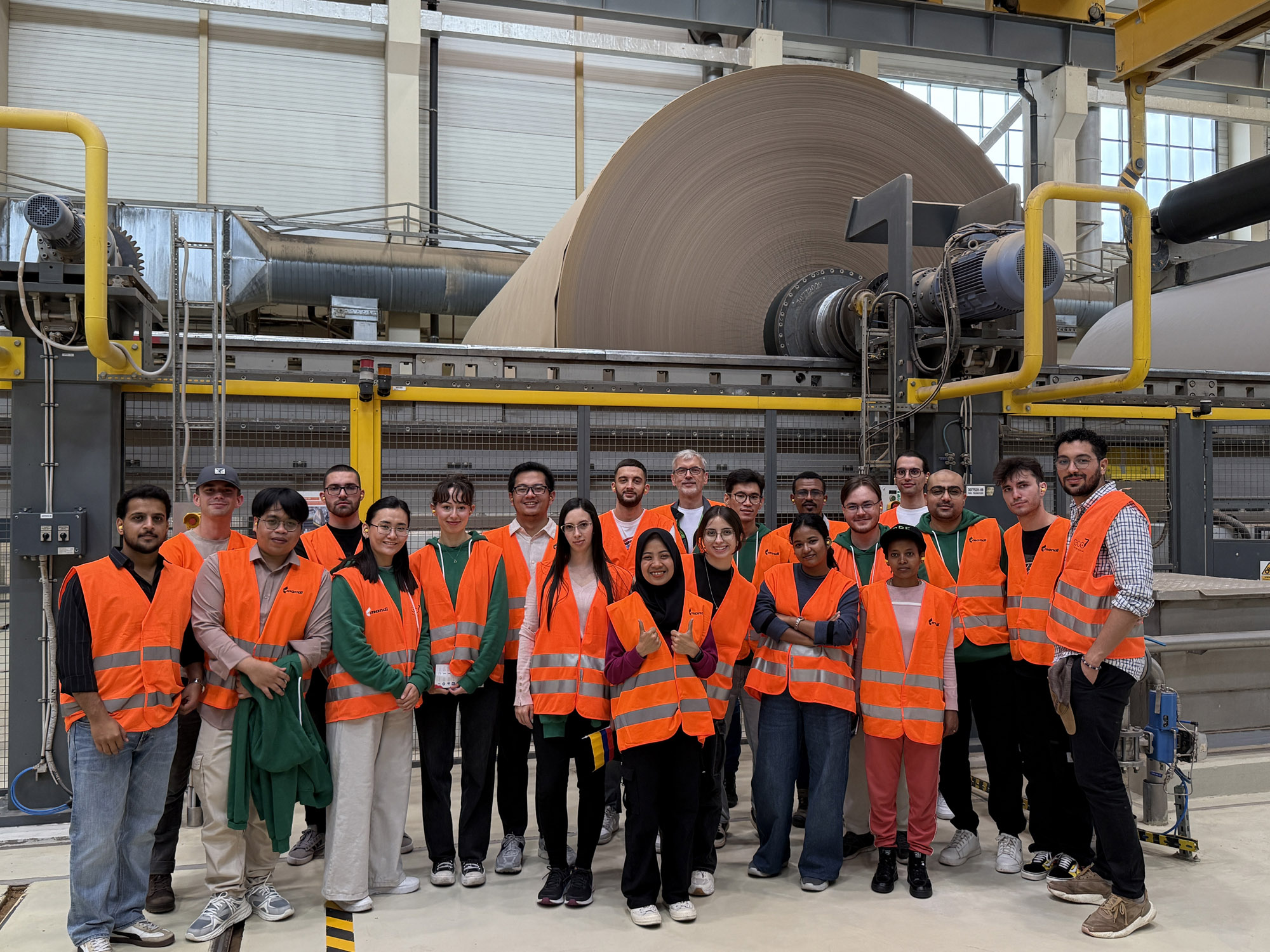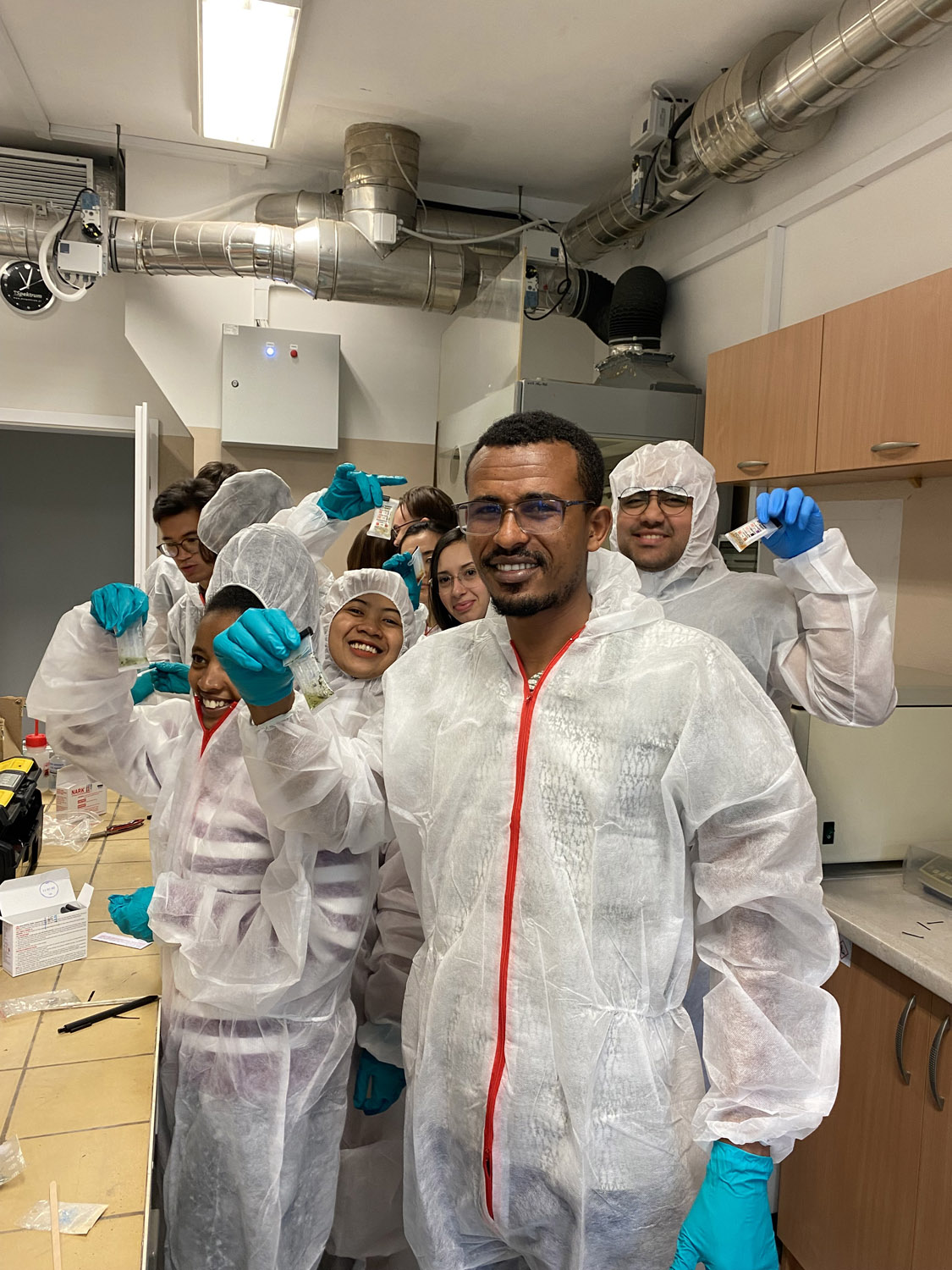
Week of classes at NANORES
During the last week of September, 4th intake students had a wonderful opportunity to explore the world of atomic-scale imaging and surface analysis. It was
Sustainable Biomass and Bioproducts Engineering

Wroclaw University of Science and Technology, as the first university in Poland ever, coordinates the EU Erasmus Joint Master Degree program (EMJM). The “Sustainable Biomass and Bioproducts Engineering” (SBBE) program is coordinated by Prof. Jolanta Warchoł from the Faculty of Chemistry.
The EMJM-SBBE is the 2 years (4 semesters) program in the field of chemical engineering. It corresponds to 120 ECTS credits. Each recruited student (18-22 people/year) will be getting a scholarship (1400 EUR/month) for the whole period of study.
Students who have already benefited from an Erasmus Mundus Joint Master (EMJM) scholarship are not eligible to apply for an additional scholarship.
The program is realized at 3 Full Higher Education Institution Partners from 3 European Union countries: Wroclaw University of Science and Technology (WUST) Poland, University of Castilla-La Mancha (UCLM) Spain, Lappeenranta-Lahti University of Technology (LUT) Finland.
covers scheduled lectures and seminars – theoretical knowledge transfer. However, the greatest emphasis is put on practical process design and laboratory classes. We focus on knowledge, skills and attitudes building on chemistry of materials, biomaterials fabrication and characterization; fundamentals, design and optimization of bioprocesses; climate change and sustainable development. Special attention is paid to rural development – sustainable farming; management of natural resources, soil protection; bio-agriculture; sustainable transport modes; developing sectorial strategies and methodologies – how to save resources, reduce energy use and waste.
covers activities organized with the local communities (any of academic, cultural and social) such as study visits in the Roztoczański National Park. This allows students to familiarize with non-specialists’ opinion about green energy production, biomass and wastewater utilization in a frame of circular economy, sustainable natural water use. We also envisage building the sense of belonging by organizing additional joint social and cultural activities such as: trips to important historic, cultural and regional/local environmental spots; joint sport activities (e.g. mountain hiking); social events (e.g. international events held in the host city). A visit to Verla mill museum (Kouvola, Finland), a UNESCO World Heritage site, introduces the history and early pulping technology. Informal education also covers meetings with ecologists to allow students be updated with the current environmental friendly trends.
provides additional educational activities beyond the main study program: Polish, Spanish, or Finnish language classes, workshops, summer schools, participation in additional scientific events taking place at the partner universities e.g. open scientific days, students’ conferences, lectures with invited scientists and experts from industry.
The teaching program of the joint SBBE master program leads to the award of MSc degree from each partner institution as well as SBBE certificate.

During the last week of September, 4th intake students had a wonderful opportunity to explore the world of atomic-scale imaging and surface analysis. It was

“From Wood to Paper” was the theme of the second part of Invited Scholars Week for the EMJM SBBE 4th cohort students. The lecture was

At the beginning of the third week of September Dr Waldemar Krawczyk gave a series of lectures and practical sessions focused on the analysis of psychoactive substances
Disclaimer
All information provided in the official SBBE websites is provided for information purposes only and does not constitute a legal contract between the Consortium and any person or entity unless otherwise specified. Information on the official SBBE websites is subject to change without prior notice. Although every reasonable effort is made to present current and accurate information, the Consortium makes no guarantees of any kind.
Funded by the European Union. Views and opinions expressed are however those of the author(s) only and do not necessarily reflect those of the European Union or the European Education and Culture Executive Agency (EACEA). Neither the European Union nor EACEA can be held responsible for them.
The European Education and Culture Executive Agency (EACEA), in the context of managing the Erasmus Mundus Joint Masters, collects and processes the personal data of some of the candidates. In particular, certain data of the scholarship holders and non-scholarship holders is shared with the Agency and treated according to this privacy statement
| Cookie | Duration | Description |
|---|---|---|
| cookielawinfo-checkbox-analytics | 11 months | This cookie is set by GDPR Cookie Consent plugin. The cookie is used to store the user consent for the cookies in the category "Analytics". |
| cookielawinfo-checkbox-functional | 11 months | The cookie is set by GDPR cookie consent to record the user consent for the cookies in the category "Functional". |
| cookielawinfo-checkbox-necessary | 11 months | This cookie is set by GDPR Cookie Consent plugin. The cookies is used to store the user consent for the cookies in the category "Necessary". |
| cookielawinfo-checkbox-others | 11 months | This cookie is set by GDPR Cookie Consent plugin. The cookie is used to store the user consent for the cookies in the category "Other. |
| cookielawinfo-checkbox-performance | 11 months | This cookie is set by GDPR Cookie Consent plugin. The cookie is used to store the user consent for the cookies in the category "Performance". |
| viewed_cookie_policy | 11 months | The cookie is set by the GDPR Cookie Consent plugin and is used to store whether or not user has consented to the use of cookies. It does not store any personal data. |